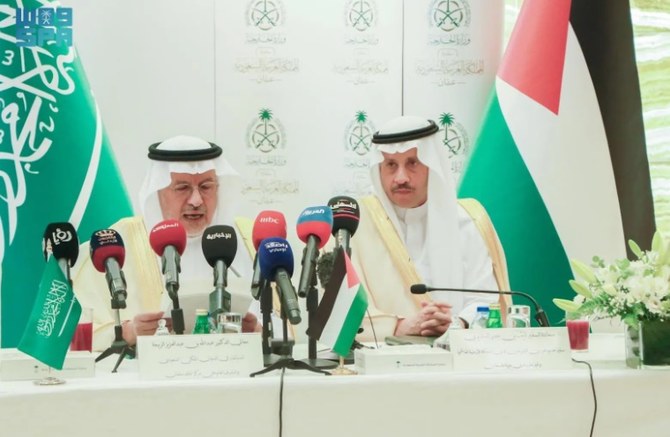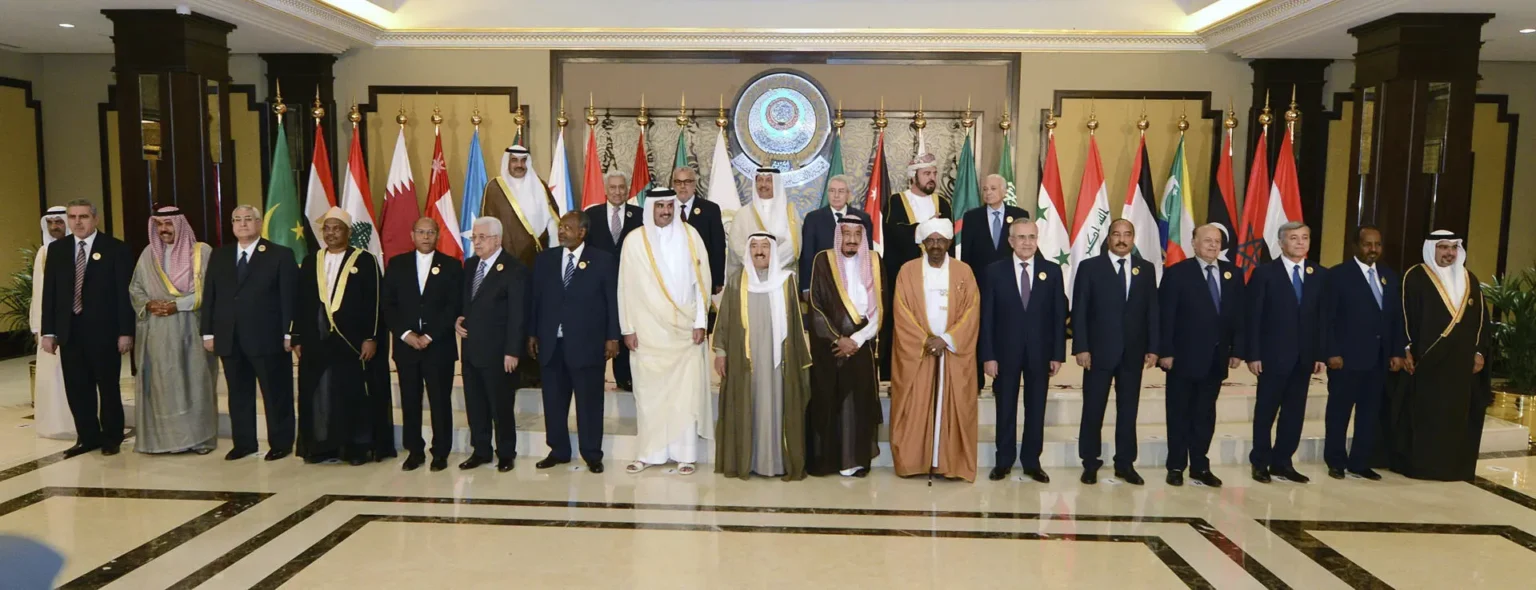Riyadh, Saudi Arabia – In a significant diplomatic move, Saudi Arabia is set to host an “informal brotherly meeting” on Friday, bringing together leaders from Gulf Cooperation Council (GCC) countries, Egypt, and Jordan. The primary agenda is to discuss a unified Arab response to the recent proposal concerning the Gaza Strip, which has sparked widespread controversy and concern across the Middle East.
Background of the Summit

Saudi Arabia’s Crown Prince Mohammed bin Salman has extended invitations to the leaders of the GCC member states, along with Egypt and Jordan, for discussions in Riyadh. This gathering aims to strengthen the fraternal bonds among these nations and to deliberate on pressing regional issues ahead of an emergency Arab League summit scheduled for March 4 in Egypt.
The immediate catalyst for this meeting is the recent proposal, which suggests relocating over two million residents of Gaza to neighboring countries such as Egypt and Jordan. This plan has been met with unanimous rejection from Arab states, who view it as a threat to regional stability and an infringement on Palestinian rights. The summit seeks to formulate a strong, unified response to counter this controversial plan while working on long-term solutions for the crisis in Gaza.
Key Objectives of the Meeting
1. Formulating a Unified Response to the Proposal
Arab leaders are expected to discuss strategies to counter the proposed relocation plan, emphasizing the sovereignty and rights of the Palestinian people. The consensus among the attending nations is to oppose any forced displacement and to seek solutions that respect the territorial integrity of Palestinian lands. They will reaffirm their commitment to the two-state solution as the only viable path for long-term peace in the region.
2. Developing a Comprehensive Reconstruction Plan for Gaza
With the Gaza Strip devastated by prolonged conflict, there is an urgent need for a robust reconstruction strategy. The destruction of homes, infrastructure, and public services has left millions of Palestinians in dire need of assistance. The summit will focus on the following steps for rebuilding Gaza:
- Early Recovery (First 6 Months): Focusing on debris removal, emergency shelter, and immediate humanitarian assistance.
- Infrastructure Rehabilitation: Organizing an international conference to outline reconstruction efforts, particularly rebuilding essential utilities like water, electricity, and healthcare.
- Urban Planning and Political Solutions: Reconstructing housing, restoring essential services, and advancing political dialogues aimed at implementing a long-term governance solution.
Egypt has already proposed a structured three-phase recovery plan for Gaza, and discussions at the summit will likely revolve around refining and implementing this strategy.
3. Addressing Governance in Post-War Gaza
A critical aspect of the discussions will be determining who will govern Gaza after reconstruction. There is growing support for the idea of establishing a non-factional Palestinian administration under the Palestinian Authority (PA), sidelining Hamas from political influence. The goal is to ensure a stable governing body that can oversee reconstruction efforts while maintaining peace and order. However, this remains a delicate issue, as Hamas still holds significant influence in Gaza.
Challenges Ahead
While there is a shared commitment among Arab states to counter the proposed relocation plan and aid in Gaza’s recovery, several challenges persist:
- Financing the Reconstruction: Rebuilding Gaza is estimated to require over $50 billion. Securing these funds amidst global economic uncertainties will be a formidable task. The summit is expected to explore potential donors, international partnerships, and regional investments to fund the ambitious rebuilding efforts.
- Achieving Political Consensus: Aligning the diverse political interests of various Palestinian factions, especially with Hamas’s current control over Gaza, necessitates delicate negotiations. If there is no agreement on governance, reconstruction efforts may face significant delays.
- International Dynamics: Balancing relations with global powers, particularly the United States, while asserting regional autonomy and addressing the concerns of the international community, adds a layer of complexity to the Arab leaders’ decisions. Western nations may attempt to influence the outcomes of the summit, making it crucial for Arab leaders to maintain a firm stance in protecting Palestinian rights.
Regional and Global Implications
The outcomes of this summit could significantly influence the geopolitical landscape of the Middle East. A unified Arab stance may deter unilateral actions by external powers and reinforce the region’s commitment to resolving the Palestinian issue through dialogue and mutual respect.
Moreover, the summit underscores Saudi Arabia’s pivotal role in regional diplomacy. The kingdom is positioning itself as a mediator and leader in addressing Middle Eastern conflicts. By hosting this crucial summit, Saudi Arabia is reaffirming its influence and commitment to maintaining regional stability.
If the summit results in a concrete action plan for Gaza’s reconstruction and a united front against forced displacement, it could mark a turning point in how Arab nations collectively address the Palestinian crisis. Additionally, the support of powerful allies such as Egypt and Jordan in rejecting relocation proposals will strengthen the Arab world’s ability to counter foreign-imposed solutions.
Conclusion
As the leaders convene in Riyadh, the world watches closely, hopeful for resolutions that honor the rights of the Palestinian people and promote lasting peace in the region. The challenges are substantial, but with collaborative effort and steadfast commitment, there is potential for a transformative path forward for Gaza and the broader Middle East.
The coming days will be critical in determining the success of this summit. If Arab nations can emerge with a cohesive plan for both resisting external pressures and rebuilding Gaza, it will be a significant step toward securing long-term peace and stability in the region. For now, all eyes remain on Riyadh as the stage is set for crucial diplomatic negotiations that could shape the future of the Middle East.
ACWA Power Expands Middle East Portfolio with $693 Million Acquisition



